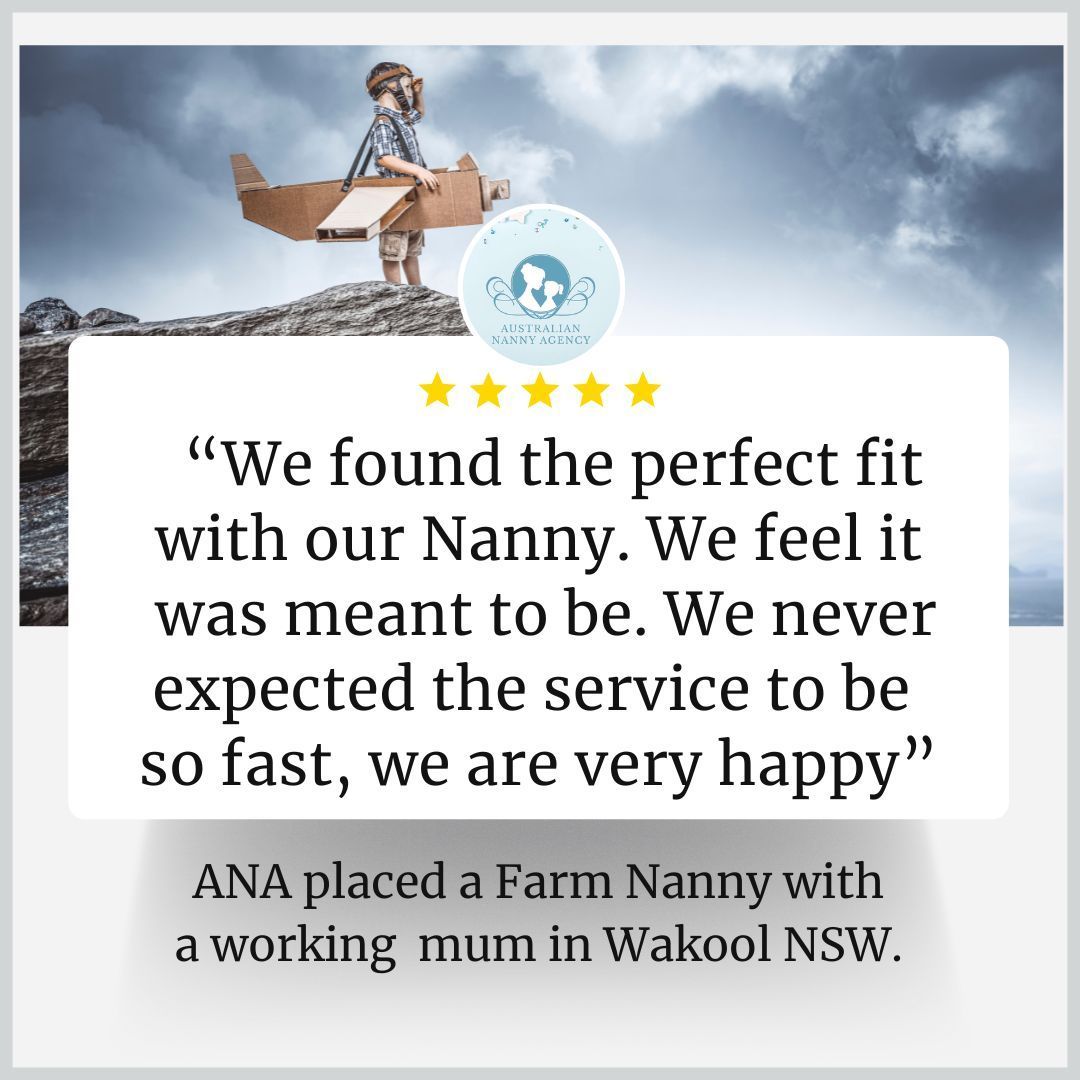"Transforming Talent Acquisition: Leveraging Game-Based Assessments to Enhance Candidate Engagement and Optimize Skill Evaluation"

Gamification in Recruitment: Engaging Candidates Through Innovative Assessment Techniques
In an era where talent acquisition strategies are evolving at a breakneck pace, organizations are increasingly turning to gamification to enhance their recruitment processes. Gamification refers to the application of game-design elements in non-game contexts, and its incorporation into recruitment is proving to be a game-changer. By transforming traditional hiring practices into interactive and engaging experiences, gamification not only captivates candidates but also facilitates more effective assessments of their skills and cultural fit.
The Rise of Gamification in Recruitment
As the job market becomes increasingly competitive, companies are tasked with attracting and retaining top talent. Traditional recruitment methods, often characterized by lengthy applications, uninspiring assessments, and monotonous interview processes, can lead to disengagement and high dropout rates among candidates. Gamification addresses these challenges by injecting elements of play into recruitment, making the process more enjoyable, interactive, and ultimately more effective.
Companies across various sectors are now leveraging gamified recruitment tools—ranging from mobile apps to online platforms—that simulate real-world scenarios and challenges relevant to the roles they are hiring for. This innovative approach not only grabs the attention of candidates but also fosters a sense of excitement and motivation throughout the assessment process.
Enhancing Candidate Experience
The primary goal of gamification in recruitment is to create a positive candidate experience. By designing assessments that resemble games, organizations can provide candidates with an engaging platform to showcase their skills. This interactive experience can enhance candidates' perception of the employer brand, making them more likely to accept job offers and share their positive experiences with others.
For instance, companies like Unilever and Deloitte have integrated gamified assessments into their recruitment processes. These assessments often include challenges that mimic real job tasks, such as problem-solving exercises or collaborative tasks. By allowing candidates to engage with the content in a fun and interactive manner, organizations can significantly improve candidates' overall experience, leading to higher satisfaction rates.
Evaluating Skills and Fit
Beyond merely enhancing the candidate experience, gamification serves as a powerful tool for evaluating skills and cultural fit. Traditional assessments often rely on metrics that may not accurately reflect a candidate’s potential or alignment with the company’s values. Game-based assessments, however, provide a dynamic and multifaceted approach to evaluation.
Through simulated tasks and scenarios, organizations can assess critical competencies such as problem-solving abilities, teamwork, communication skills, and adaptability. For example, a candidate may be required to navigate a virtual escape room that tests their ability to think critically under pressure while collaborating with others. This method offers insights into real-time decision-making and interpersonal skills that are often difficult to gauge through conventional interviews or standardized tests.
Moreover, gamification allows for a more holistic view of candidates. By observing how candidates interact with the game, recruiters can glean insights into their behaviors, attitudes, and potential cultural fit within the organization. This data-driven approach can ultimately lead to better hiring decisions and a more aligned workforce.
Keeping Candidates Motivated and Interested
One of the significant advantages of gamification in recruitment is its ability to maintain candidate motivation and interest throughout the hiring process. Traditional assessment methods can be tedious and overwhelming, causing candidates to disengage and lose interest. However, gamified assessments are designed to be enjoyable and rewarding, encouraging candidates to stay engaged from start to finish.
Incorporating elements such as points, badges, leaderboards, and progress tracking can create a sense of achievement and competition among candidates. For instance, candidates may earn points for completing tasks quickly or accurately, leading to a more compelling and motivating experience. This gamified approach not only keeps candidates engaged but also encourages them to put forth their best efforts, ultimately benefiting both the candidates and the organization.
Challenges and Considerations
While gamification holds immense potential for enhancing recruitment processes, it is essential for organizations to approach it thoughtfully. Not all candidates may respond positively to gamified assessments; some may prefer traditional methods or may feel that gamification trivializes the recruitment process. As such, it is crucial to maintain a balance between gamification and traditional assessment techniques, ensuring that candidates have the option to choose their preferred method.
Additionally, organizations must ensure that the gamified assessments are relevant to the roles being filled. Assessments should be designed to accurately reflect the skills and competencies required for the job, as irrelevant or overly simplistic games can lead to inaccurate evaluations and candidate dissatisfaction.
Conclusion
Gamification in recruitment presents a unique opportunity for organizations to engage candidates, enhance their experiences, and make more informed hiring decisions. By integrating game-based assessments into the recruitment process, companies can create an interactive environment that evaluates candidates' skills and cultural fit while keeping them motivated and interested. As the recruitment landscape continues to evolve, embracing innovative techniques like gamification will be key to attracting and retaining top talent in an increasingly competitive market.
How can gamification in recruitment enhance candidate engagement and improve the assessment process?
Blog









